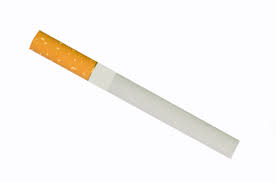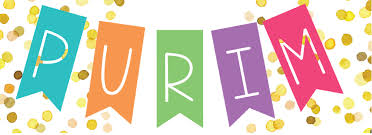Purim and Teenage Drinking
With Purim quickly approaching, it feels like a good opportunity to once again consider the dangers of teenage drinking. My personal preference – and the preference of just about every professional in the entire world – is that teenagers should refrain from drinking alcohol on Purim or any other day because no good comes from it. Alas, teenagers are curious and skilled at finding pathways to drinking, usually through alcohol stored at home. And some parents and community leaders seem to give drinking a pass on Purim, unfortunately.
The good news is that most teenagers will choose not to drink on Purim, though some will. With that in mind, I put together 10 strategies parents might consider well before we start to read the Megillah to mitigate the dangers of teenage drinking.









